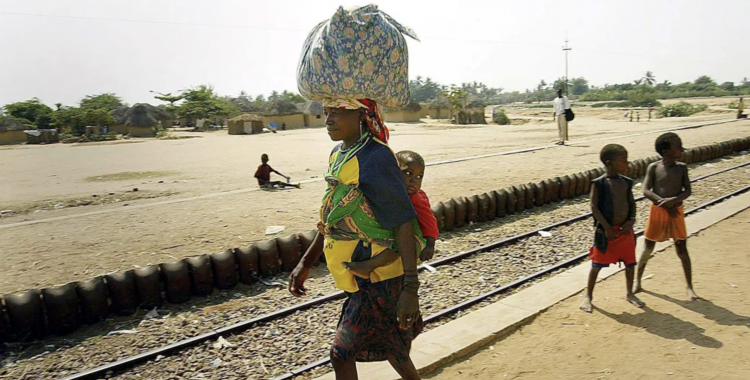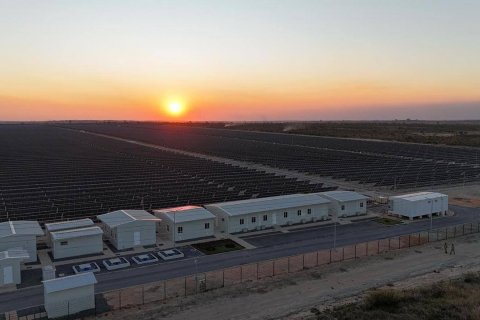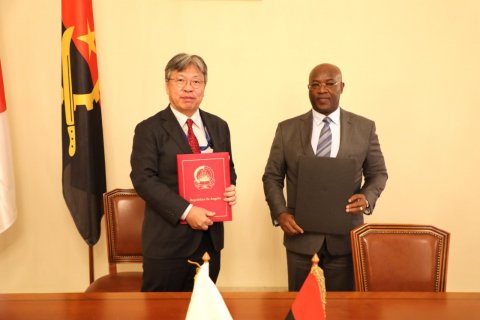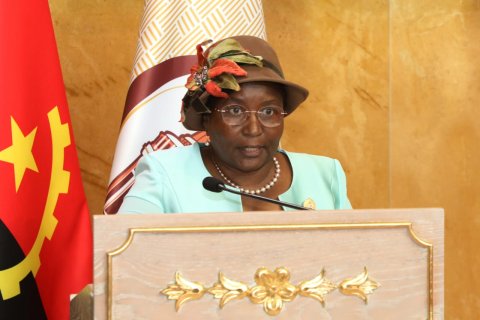The EU ambassador to Angola, Rosário Bento Pais, expressed this perspective during a visit to the provinces of Huambo and Bié, stressing that the European objective is to "create all the bases for local communities to have employment and training", so that they can be included in the private investments that will be made in areas such as agriculture, energy, digitalisation and logistics.
"What we want, the project in which the European Union is investing, is an economic development project. (So that) when jobs are created, whether in energy, in agricultural value chains or in digitalisation, Angolans from the communities along the corridor can have their jobs, have training and skills to be able to participate", she explained.
Rosário Bento Pais stressed that the Lobito Corridor is, first and foremost, "an Angolan project", to which the EU and its Member States and partners are contributing with funding, technical know-how and business involvement.
"We have European companies already working there, which have already invested with their own money", she said, pointing to the European consortium that won the concession for the Lobito Corridor, Lobito Atlantic Railway and the Franco-Italian logistics operator AGL, operator of the Lobito Port terminal as examples of the European presence on the ground.
The diplomat also highlighted the Investment Facilitation Agreement signed between Angola and the EU, which came into force on 1 September 2024, as a fundamental instrument for attracting European capital.
"The Lobito corridor is not something that can be done overnight. We are now attracting private investment and private companies", she stressed.
When asked about the number of jobs already created in the communities along the corridor, she acknowledged that it is still too early to present figures, stressing that "the current phase is one of mobilising investment and creating conditions for the private sector".
The visit is part of a mission by the European Union ambassadors accredited to Angola, who are visiting the provinces of Huambo and Bié to observe on the ground the investments linked to the Lobito Corridor, one of the main European investments in supporting Angola's economic diversification and regional integration.
The delegation is holding meetings with local authorities, businesspeople, agricultural producers and civil society organisations with the aim of strengthening dialogue with the different stakeholders in the region, identifying financing opportunities and monitoring the implementation of projects co-financed by the European Union, particularly in the agricultural, logistics and community development sectors.
The Lobito Corridor, which connects the port of Lobito in Benguela to the Democratic Republic of Congo, is considered a strategic axis for transporting minerals, facilitating exports and promoting agro-industry.







